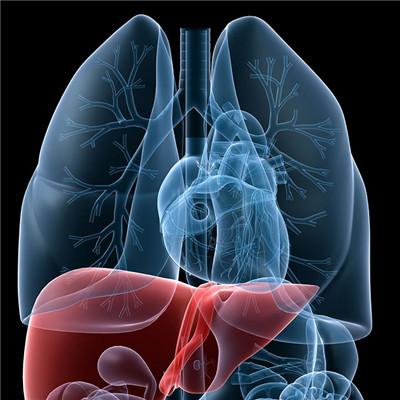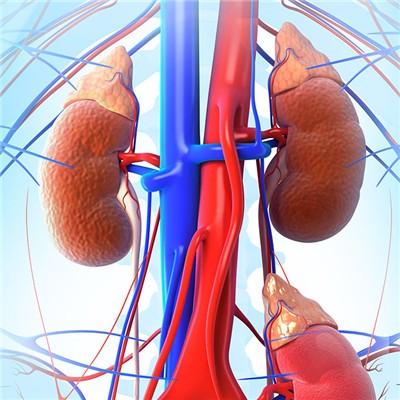Symptoms of influenza
summary
Influenza virus is referred to as influenza virus. It can be divided into a (a), B (b) and C (c), and the bovine influenza virus discovered in recent years will be classified as D (d). Influenza virus can cause human, poultry, pigs, horses, bats and other animal infections and diseases. It is the pathogen of human influenza, avian influenza, swine influenza, equine influenza and other animal diseases. What are the symptoms of flu? Let's talk about it
Symptoms of influenza
The risk of influenza virus infection in children can reach 30% to 40%, and it may be even higher. Children with infection will also show different symptoms due to age differences. Younger babies often have severe bronchitis, laryngitis, tracheitis with sputum, and even difficult to breathe. Older babies have symptoms of sore limbs, dizziness, sore throat, weakness, cough and sore throat, often accompanied by high fever.

When infants and young children suffer from influenza, they often have a high fever, and their body temperature rises, which fluctuates between 38 ℃ and 41 ℃. In addition, there will be vomiting, diarrhea, runny nose and other phenomena. Babies at this stage are more difficult to distinguish from other respiratory viruses. Newborn infants may also have refused to eat, sleepy, apnea and other phenomena, serious condition also need to use artificial respirator for treatment.

The symptoms of influenza B are similar to those of type A. However, the symptoms of children with influenza B mostly appear in the eyes and nose. The lower limbs may have pain induced by acute benign myositis, but the general toxic discomfort such as dizziness and weakness is mild. The main manifestation of type C is upper respiratory tract infection, which is usually mild. Under normal circumstances, if there are no complications, the fever will only last about three to four days. After that, the symptoms of poisoning will be alleviated, but there will still be cough and general fatigue in the next two weeks.

matters needing attention
1. Children should pay more attention to rest to ensure sleep. 2. Diet should follow the principle of "light". Usually drink plenty of boiled water to supplement water. 3. In order to prevent cross infection, the children should be isolated in time for at least one week, and can be relieved after the symptoms disappear. 4. Pay more attention to the ventilation of the room to ensure that the air in the baby's environment is smooth.













